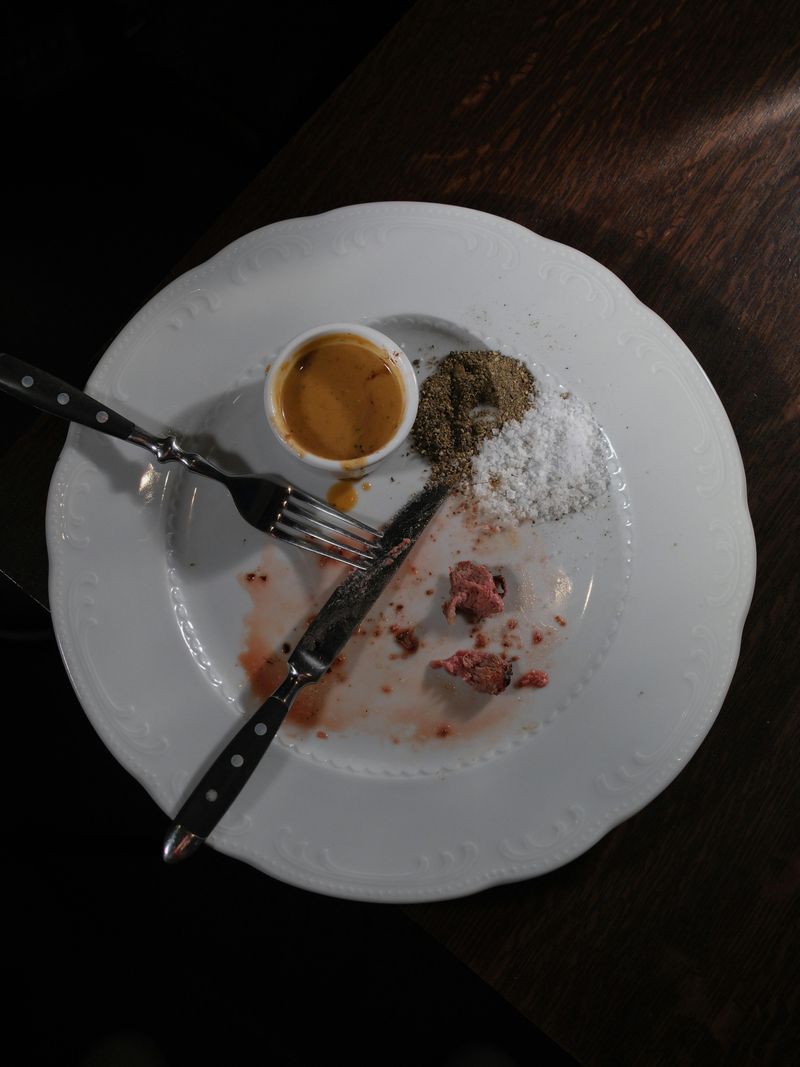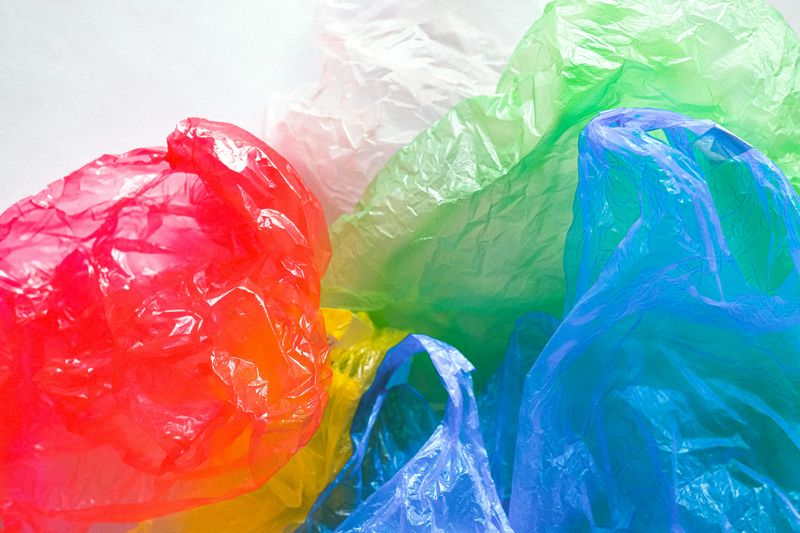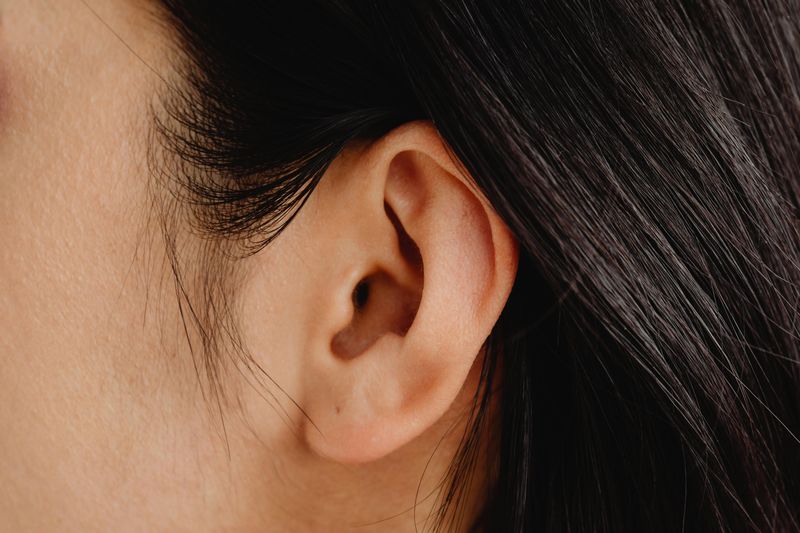Some rules refuse to die, even when they make no sense. We still follow them, whisper them to kids, and pass them along like heirlooms, rarely asking why. This list peels back the curtain on everyday rituals that survive out of habit, not truth. Read on to learn where these rules came from, what they actually mean, and why it might be time to let them go.
1. Don’t Open an Umbrella Indoors
Victorian households warned that opening an umbrella inside invited disaster, a superstition born from era-specific anxieties and fragile indoor objects. In reality, there is no mystical risk and virtually no practical hazard beyond bumping a lamp. The rule persisted through repetition, not evidence, showing how ritual can outlive reason. Today, it lingers as a playful warning rather than a credible threat. If you need to dry an umbrella or check its mechanism, go ahead. The ceiling will not collapse. Superstitions spread easily because they feel memorable and contagious, but facts never supported this one in the first place.
2. Wait 30 Minutes After Eating Before Swimming
The myth warns that swimming too soon after eating causes severe cramps and drowning, a fear amplified by early 20th-century advice columns and vague medical cautions. Research shows moderate swimming after a meal is safe for most healthy people. Blood flow to the gut slightly increases, but enough remains for muscles to work normally. Professional guidance now emphasizes listening to your body, not a timer. If heavy exertion feels uncomfortable, rest a bit. Otherwise, enjoy the water. This rule survives because it sounds prudent and parental, yet it lacks evidence. Comfort and common sense beat an arbitrary half-hour countdown.
3. You Must Keep the Plastic on Your Couch to Protect It
Some mid-century households encased couches in plastic to preserve that showroom glow, equating pristine surfaces with pride and frugality. Over time, people noticed the covers trap heat, squeak, stick to skin, and can even degrade fabrics by restricting airflow. Modern upholstery is designed for use, not museum display. Protection makes sense for short-term moves or messy projects, but living with plastic daily reduces comfort and aesthetics. Today’s stain-resistant textiles and washable slipcovers offer far better solutions. Keeping plastic on permanently prioritizes imagined resale value over real enjoyment. Furniture should be sat on, not shrink-wrapped like a collectible.
4. Men Must Propose Not Women
The tradition that only men propose grows from patriarchal norms, property laws, and European customs assigning initiative to men. Culture has shifted, and legal frameworks recognize equal partnership. There is no rulebook saying who must ask the question. Many couples decide together, some propose to each other, and others skip proposals entirely. What matters is mutual consent and joy, not choreography. Social pressure still nudges women to wait, but it’s outdated. If you want to propose, propose. Love thrives on authenticity, not ceremony. The story you write together is stronger than a script inherited from another era.
5. Knock on Wood to Avoid Bad Luck
Knocking on wood likely stems from ancient beliefs that spirits lived in trees and could be invoked for protection or appeasement. Today, the gesture persists as a quick, comforting ritual we perform after tempting fate with optimistic statements. It changes nothing in the physical world, yet it feels good, like a tiny safety valve for anxiety. Rituals can soothe without being literally true. If it helps you pause and breathe, fine. Just remember the outcome depends on preparation and probability, not a tap. The wood listens to nothing but your knuckles, and your plans still need real work.
6. You Have to Keep a Bread Clip on Your TV Cord to Tell the Antenna Direction
This quirky hack claims a plastic bread tag on your TV cord improves reception or indicates antenna direction. It surfaced through folklore and early TV frustrations when static and ghosting were common. Physics says otherwise: plastic clips do not influence radio frequency signals, impedance, or noise. Better reception comes from proper antenna placement, good cables, and line-of-sight considerations. The bread clip persists because it’s easy, cheap, and memorable. But it’s just clutter. If your picture looks fuzzy, adjust the antenna, upgrade equipment, or check signal maps. The clip’s only real job is closing a bag of bread.
7. Don’t Step on a Crack or You’ll Break Your Mother’s Back
This sing-song warning originated in early 1900s playground rhymes, mixing rhythm, mild fear, and childhood magic. Kids love rules that turn sidewalks into obstacle courses, and adults often repeat them with a smile. There is zero connection between your footsteps and anyone’s spine. Still, the rhyme endures because it gamifies walking and bonds generations through a shared joke. If anything, it keeps you mindful of where you step. Keep the fun, drop the fear. Your mother’s back is safe, and the only hazard is tripping if you stare at cracks too intensely while trying to dodge every line.
8. Return a Dish With Food on It
Hospitality once meant never returning a borrowed dish empty, a gesture that reinforced reciprocity when communities relied on one another. While kindness is timeless, few people expect this ritual now. Allergies, dietary needs, and busy schedules make surprise food impractical. Gratitude can be expressed with a note, quick message, or timely return. If you enjoy the tradition, wonderful—just ask preferences first. Otherwise, keep it simple and respectful. The spirit of generosity matters more than the container’s contents. Relationships are strengthened by communication and care, not a baked obligation tucked into a returning casserole dish.
9. Always Choose the Top Banana Or Bread Slice Because It’s Better
Old market wisdom said vendors stack fresh goods on top, so grabbing the first item ensured quality. Modern grocery operations rotate stock, placing newer items behind or beneath to prevent spoilage. Reaching only for the top can actually net older produce or bread. Use your senses: check color, firmness, and dates, not position. Store employees also manage humidity and temperature to keep displays stable. If you want the best, look thoughtfully rather than automatically. The top isn’t magical, it’s just convenient. Thoughtful selection beats reflex every time, and you’ll waste less by choosing items you can use soon.
10. You Must Say ‘Bless You’ When Someone Sneezes
The phrase traces to beliefs about souls escaping or warding off plague, when sneezing felt ominous and uncontrollable. Today it functions as a social cue, a tiny act of acknowledgment. There’s no medical or spiritual necessity, and some people prefer silence or a simple “you okay.” Etiquette evolves with culture and context. In quiet settings, a nod may be kinder than a chorus. If someone signals they don’t want comments, respect it. Courtesy should consider comfort, not ritual. The best practice is empathy: respond in a way that supports the person rather than rigidly following an inherited script.
11. It’s Bad Luck to Walk Under a Ladder
The taboo grew from medieval symbolism where a ladder against a wall suggested a triangle linked to sacred ideas. Superstition aside, the real risk is practical: tools can fall, workers can descend, and you might jostle the base. Avoiding the space is common sense, not cosmic defense. If you must pass, ask the worker, check for hazards, and move carefully. Calling it bad luck mislabels a safety concern as mysticism. The rule persists because it wraps caution in a memorable story. Keep the caution, ditch the omen. Gravity, not fortune, is the force to respect here.
12. You Must Save Every Plastic Bag Just in Case
Frugality and scarcity in past decades taught people to stash plastic bags for future use. While a few spares are practical, hoarding creates clutter and waste. Reusable totes, bins, and small trash liners reduce the need for endless singles. Many regions restrict plastic bags due to pollution, so stockpiles outlive usefulness. Keep what you’ll reasonably use and recycle the rest where facilities exist. Better yet, refuse extras at checkout. Resourcefulness today means reducing, not accumulating. A tidy system beats a ballooning stash that spills from drawers and cupboards with no realistic plan for responsible use.
13. Never Wear White After Labor Day
This etiquette rule emerged from late 19th-century American class signaling, where seasonal wardrobes distinguished elites from everyone else. Fashion has democratized, and designers now feature winter whites, ivory knits, and snow-toned outerwear. Fabric weight and styling matter far more than calendar dates. Wear what suits the weather and your taste. Style leaders regularly flaunt white year-round without scandal. The rule lingers because it’s catchy and nostalgic, not authoritative. If you love white, wear it in wool, denim, or leather as temperatures drop. Confidence and context are the only dress codes that truly count now.
14. If Your Ear Is Ringing, Someone Is Talking About You
Ancient folklore linked ear ringing to gossip, as if your body were an antenna for whispers. Science explains it as tinnitus or brief auditory nerve activity caused by noise exposure, stress, caffeine, or temporary changes in blood flow. It’s common and usually harmless, though persistent cases deserve medical evaluation. Assigning social meaning to bodily sensations feels satisfying, but it misleads. Instead of wondering who mentioned you, consider your sound environment and health habits. Protect your hearing, manage stress, and see a clinician if symptoms persist. The only voice you’re hearing is your nervous system, not the rumor mill.
15. Throw Salt Over Your Shoulder if You Spill It
The practice comes from medieval beliefs that salt repelled evil or appeased spirits, making a spill a spiritual emergency. Today, tossing salt simply spreads the mess and wastes food. There’s no evidence it changes anything but cleanup time. Better to sweep up and carry on. Rituals can be comforting, yet we should choose ones that actually help. If a spill makes you pause, use the moment to breathe and reset. Luck won’t improve, but your focus might. Salt belongs in recipes, not on the floor behind you in a superstitious flick of the wrist.



















